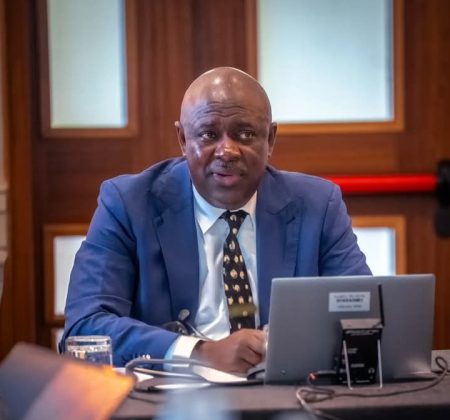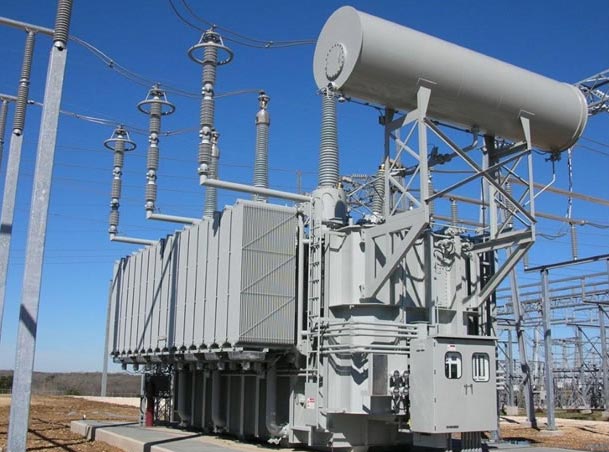 28 April 2014, Lagos – There is now a high sense of uncertainty over the fate of the remaining electricity workers inherited from the Power Holding Company of Nigeria, PHCN, by successor companies, as their six months contracts expire this week.
28 April 2014, Lagos – There is now a high sense of uncertainty over the fate of the remaining electricity workers inherited from the Power Holding Company of Nigeria, PHCN, by successor companies, as their six months contracts expire this week.
The workers’ contracts were drawn to assist the new owners of the successor companies assess staff performances to help them determine the quality and quantity of staff required to run their respective operations.
The implication of the contract expiration gives liberty to the core investors to decide who stays and who leaves and on what terms.
Since the disbandment of the Transition Committees appointed by the National Council on Privatisation, NCP, for the successor companies, the core investors have constituted their owns managements and boards to take decisions for their operations.
Of the 18 successor companies, only Afam Power Station and the Kaduna Electricity Distribution Company still have Transition Committees, which were appointed in February.
This is because of the late conclusion of the assets sale on account of delays in the payment of the mandatory fees by the core investors to enable them acquire the assets.
During the committees’ appointment, the Director-General, Bureau of Public Enterprises, BPE, Mr. Benjamin Dikki, had noted that the tenure of the committee could be between one and six months before they can gain full management controls.
With the assumption of management control and expiration of the workers contracts, the core investors can now hire and fire and right-size their respective companies as they deemed fit.
Labour threatens
However, workers unions in the power sector vow to resist any attempt by the new asset owners to disengage the workers without proper negotiations.
Rather than being disengaged, the unions are instead calling for increase in wages to enhance their new status as private sector workers.
Although there are no official comments from the BPE as its spokesman, Mr. Chigbue Anichebe refused to respond to calls or text messages.
‘No grounds for negotiations’
But a top management officer of the Bureau, who spoke in confidence, maintained that the workers have no grounds for fresh negotiations.
He said: “By now, the core investors must have concluded their post-privatisation due diligence, and done their cost benefit analysis.
“So they are now in a better position to determine what staff they need to do what.”
In his opinion, the successor companies need more of technical staff, especially in the areas of engineering and marketing, and less of administrative staff.
He said: “Generation, distribution and transmission are highly technical, and there is no way, for instance, that you can have more administrative staff in an oil company than engineers.
“The reverse is the case with the power companies, where a non-technical unit of one DISCO has about 72 workers and 20 of them are drivers. The question is what are they all doing in just one unit?”
He argued that there is no way there will not be more job losses in the current power work force, noting that after the concessioning of the Nigerian Ports Authority, NPA, the workforce nose-dived from over 10,000 workers to about 4,000.
On the unions’ insistence that the workers be retained, the BPE source queried: “Retain all for what? After paying over $300 million to acquire these assets and paying as much as N10 million every month as interest on bank loans (not the principal), the unions can no longer dictate terms and condition.”
– Clara Nwachukwu, Vanguard



